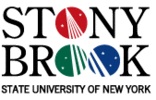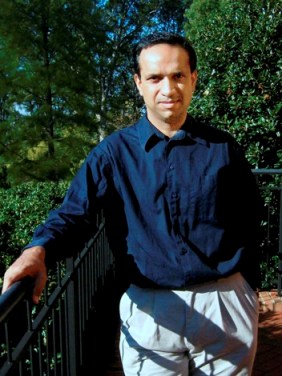
| IEEE International
Conference on Shape Modeling and Applications |
| Stony Brook University, June 4 - 6, 2008 |
News and Updates
Call for Papers
Organization
Important Dates
Paper Submission
Technical Program
Invited Speakers
Best Paper Award
Workshops
Mini-Symposia
Venue
Travel
Hotels
Social Events
Registration
About Stony Brook
Contact Us
Previous Conferences
Sponsors
Other Events
| Invited Speakers |
|
Dinesh Manocha is currently a Phi Delta Theta/Mason Distinguished Professor of Computer Science at the University of North Caro lina at Chapel Hill. He received his Ph.D. in Computer Science at the University of California at Berkeley 1992. He received Junior Faculty Award in 1992, Alfred P. Sloan Fellowship and NSF Career Award in 1995, Office of Naval Research Young Investigator Award in 1996, Honda Research Initiation Award in 1997, and Hettleman Prize for Scholarly Achievements at UNC Chapel Hill in 1998. He has also received ten best paper & panel awards at top conferences in graphics, modeling, simulation and visualization. Many of the technologies developed by his group on collison detection, GPU-based algorithms and large model rendering have been widely used. He has published more than 250 papers in leading conferences and journals on computer graphics, geometric modeling, robotics, virtual environments and computational geometry. He has also served as a program committee member for more than 50 leading conferences in these areas and also served in the editorial board of many journals. Title: Discrete Geometry Processing with Topological Guarantees
Abstract:
Home |
News and Updates |
Call for Papers
|
Organization
|
Important Dates
|
Paper Submission Technical Program | Invited Speakers | Best Paper Award | Workshops | Mini-Symposia Venue | Travel | Hotels | Social Events | Registration | About Stony Brook | Contact Us Previous Conferences | Sponsors | Other Events Page maintained by webadmin |
